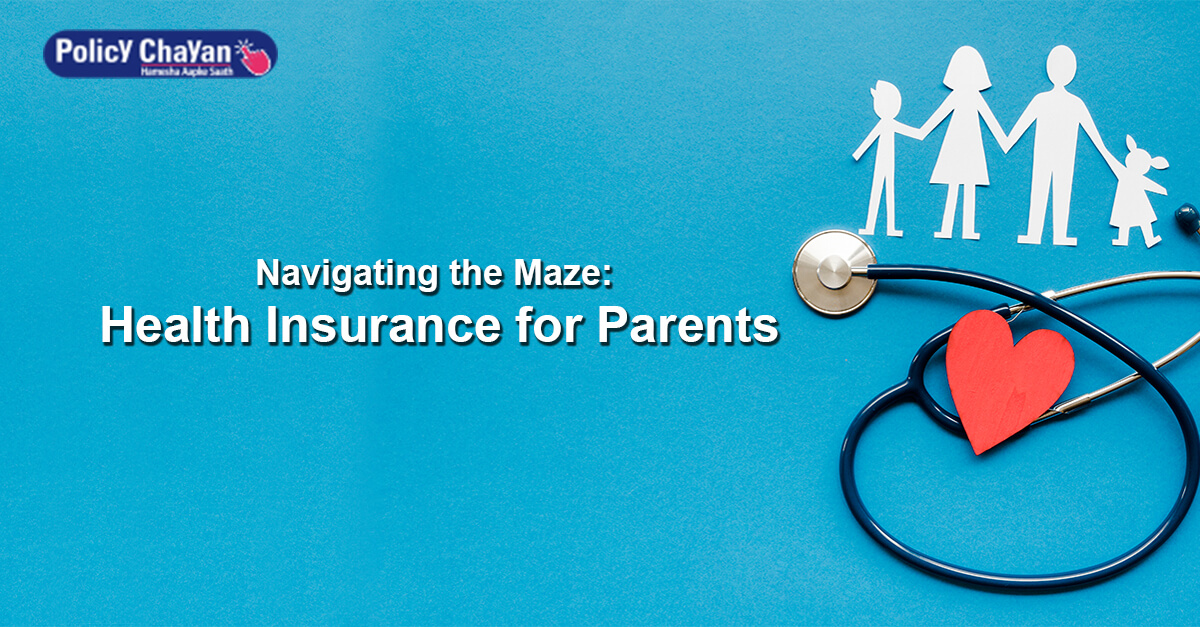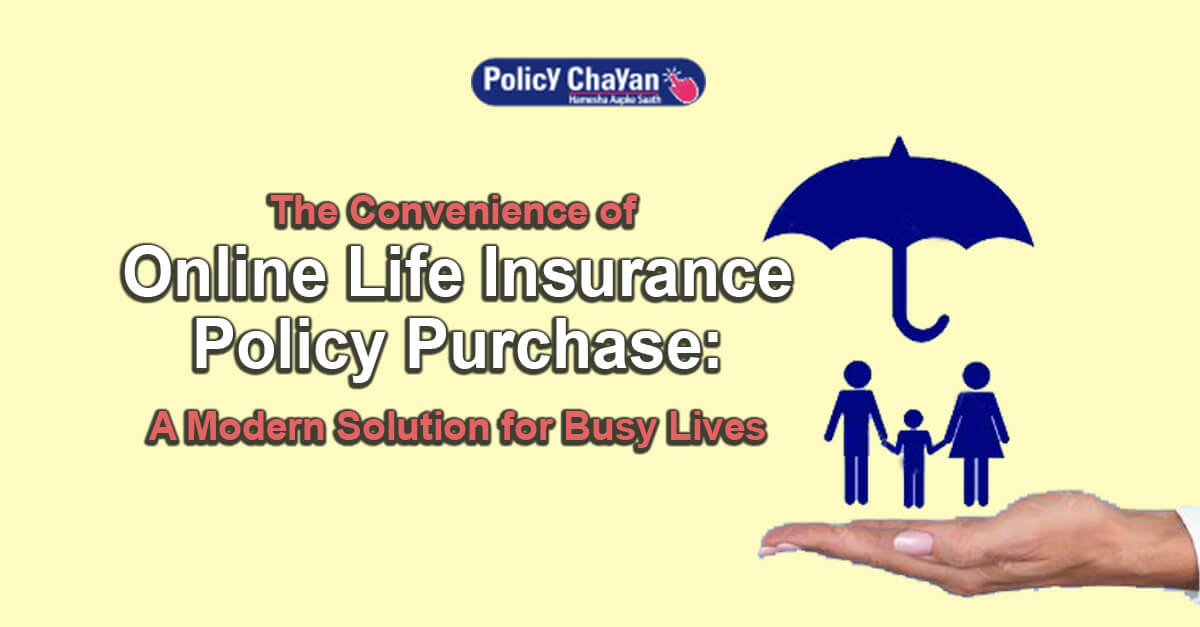CHILD INSURANCE
As the name implies, a child insurance plan is an investment plan that is exclusively created to manage a child's future financial necessities. As parents, you can buy child insurance plans with a specific future goal, such as higher studies or a wedding. Along with this, a child plan also presents life-cover benefits. Let's talk about the most common features of child insurance plans-
- When it comes to child insurance, parents will be the policyholder and the child will act as a beneficiary
- A child plan functions both as a life insurance cover and investment for your child's future
- In case of the policyholder's demise, the child would get the death benefit (the payouts obtained are pre-decided, and can be in the form of regular payouts)
- Most child plans consist of a Premium Waiver Benefit that can either be a rider/ a built-in feature. In case of death/disability of the parent, the future premiums are paid off, but the plan works as before
- Upon maturity of the plan, the child will be eligible to receive the amount reserved for a particular purpose. As written above, this plan also consists of an investment segment; the premium may be a bit higher than term insurance plans.
TERM INSURANCE
A term insurance plan is just a life insurance plan acquired for a certain period. Contrary to a whole life insurance plan, term insurance is not necessarily for the entire life of the policyholder but only for a specific term. The beneficiary/nominee accepts the lump sum amount if the policyholder perishes while the policy is still active. Let's highlight some features of a term insurance policy-
- Inexpensive premium rates charged for the pure life coverage
- It is bought for a specified period of tenure (say 20 years)
- The nominee only obtains death benefit. Even if the policyholder survives the policy tenure then also there is no maturity benefit.
- Some term plans present a maturity benefit understood as TROP (Term Return Of Premium). Under such a term plan, the policyholder acquires a maturity benefit (equivalent to all the premiums disbursed so far) if he/she survives the policy tenure. These plans retain higher premiums than pure-term insurance plans.
CHILD INSURANCE
- It possesses both life cover and delivers maturity benefits. It means two portfolio strategies to help you accomplish your financial needs.
- It is purchased to build a financially secure future for a child.
- The child will function as the beneficiary of the plan.
- The premium payable is higher because of the investment option given.
- A child plan includes both a death benefit (in case of insured individual's demise) and a maturity benefit.
- Partial withdrawal under a child plan can be performed only for unit-linked insurance plans.
- Tax benefits can be relished under 80C of the old tax regime, and the maturity benefits are tax-free under 10(10D) of the Income Tax Act, 1961.
- Extra tax benefits (under Section 80D) can be enjoyed by those who choose critical illness rider coverage.
It is always advised to start investing early to reap the maximum benefits of a child plan. You will see your money growing as it employs the power of compounding. Long-term investments in ULIPs also assist in tackling fluxes in the capital market, feeding overall growth to your funds. Moreover, according to the Ministry of Statistics and Programme Implementation, India's inflation rate from 2012 to 2020 averaged 6.05%. Such data demonstrates that investing in the equity market can help you gain returns to surpass inflation.
Term Insurance
- It delivers only life cover with no maturity benefit.
- A potential seeker can buy it at any stage of life to financially secure the future of your child/loved ones.
- An insured individual can make anyone nominee/ beneficiary of the plan, including the child.
- The premium is fairly low because of an absence of an investment model.
- A pure-term plan maintains no maturity benefit. TROP (Term Return of Premium) Plans retain maturity benefits (return of premiums paid so far).
- Partial withdrawal is not authorized because it is a pure life cover and doesn't comprise any component of savings.
- Tax benefits can be relished under 80C of the old tax regime. For TROP plans, the maturity benefit will remain tax-free under 10(10D) of the Income Tax Act, 1961.
If you are racking your brain to figure out the right time to buy a term insurance plan, then you need to know that buy it as soon as you can. The chances of suffering from lifestyle diseases rise as you age, and so do insurance charges. When you invest in a term plan at a young age, you get an insurance policy at an inexpensive premium. Therefore, invest in term life insurance when you are young and healthier. You will be able to save a lot of money in the long run. Besides, it will also equip you and your loved ones with comprehensive coverage and financial security from an early age.
Conclusion:
Term plans and child insurance plans vary at so many levels. Nevertheless, both of these plans have one basic similarity which is the purpose of the plan. Both these plans are designed and bought by people to deliver financial stability to your treasured people even in your absence. Child plan is more inclined towards strengthening a child's future financial needs whereas a term plan can be bought to secure your near and dear one's future. So, make sure to select a plan best suited to your requirements










.png)
